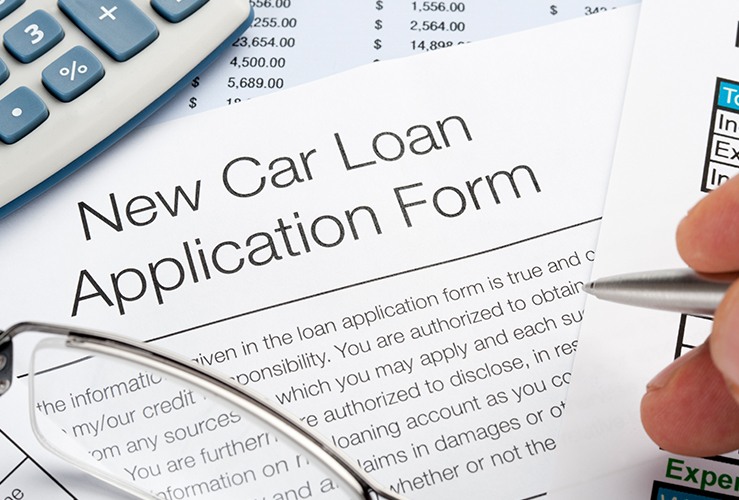Most common types of car finance agreements can be cancelled early - a process known as voluntary termination. This right is enshrined in Section 99 of the Consumer Credit Act 1974, and governs when and how you can terminate a regulated HP (hire purchase) or PCP (personal contract purchase) plan - whether for a new or a used car.

This legislation was created to help protect those who sign a finance agreement but who are later unable to make the scheduled repayments.
Inability to make repayments is usually down to unforeseen financial challenges - such as through the loss of a job.
PCP and HP work a little differently, although both are covered by the Consumer Credit Act.
Hire purchase (HP) is a common type of finance plan where you pay a deposit - usually of 10% - then make monthly payments.
Having completed repayments, the finance firm signs over the vehicle to you. You do not own it until all repayments have been made, and it may be repossessed if you fall into arrears. HP is essentially a kind of secured loan.
There is no 'balloon payment' as with PCP (which we'll cover next).
In order to end a HP agreement early, you must have paid at least 50% of the total finance sum. If you have paid less than 50%, you can make up the remainder and then cancel the car finance.
Will my credit score be affected if I end my car finance agreement early?
The voluntary termination of your agreement is unlikely to impact your credit score - although there will be a record of it on your credit file.
By contrast, failure to make repayments will appear on your credit history, probably damaging your credit score. With this in mind, keeping up with repayments - if possible - is important. A poor credit rating could make it difficult to obtain loans in the future, or result in higher APR charges.
If you've paid back at least 50% of the PCP finance amount, inclusive of fees and interest, you'll be able to voluntarily terminate your PCP agreement early. Having activated the voluntary termination clause, you won't have to pay the finance firm any more money.
If you haven't reached the 50% mark, you can make up any difference and then cancel the car finance. For instance, if you owe £60,000 but have only paid £25,000, you can pay £5,000 and then terminate. In the event that you've paid more than 50%, you won’t receive any refund.
You'll have to arrange this with your provider. They will demand a settlement sum (including a ‘balloon payment’) which will include:
- Outstanding finance sum
- Fees
- Guaranteed Minimum Future Value (GMFV)/ “balloon payment”
The GMFV is an estimate of your vehicle's value at the end of the original agreement. Taking this route means you'll own the vehicle outright and won’t have to make any more monthly payments. There will be a ‘balloon payment’ clause - based on the GMFV - which means lower monthly repayments but a large bill if you do decide you want to own the vehicle at the agreement’s end. The larger the agreed balloon payment, the lower your monthly fees will be - but beware, if you want to own the car at the agreement’s end, it will cost you more to do so.
You can return the car at the agreement’s end to avoid being hit with the balloon payment. Those who change their cars on a regular basis often choose this route. The vehicle must be in good condition and be under the agreed mileage allowance.
All administration fees/balloon payment details will be detailed in your contract. Read it carefully before signing.




